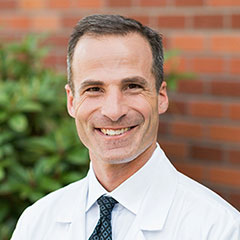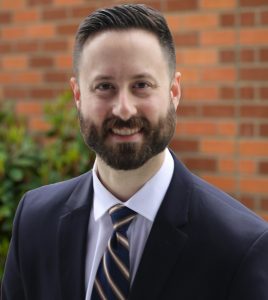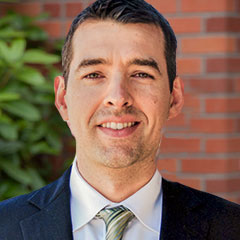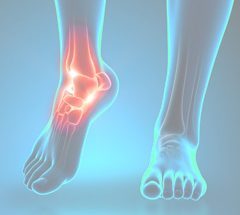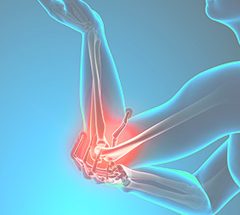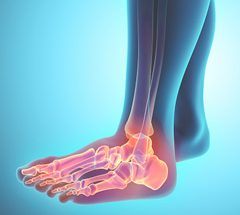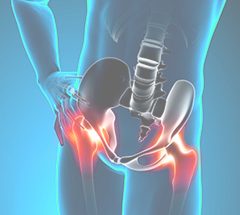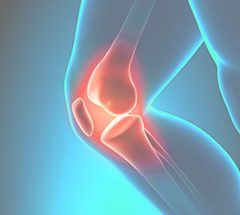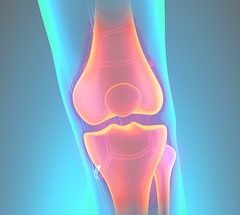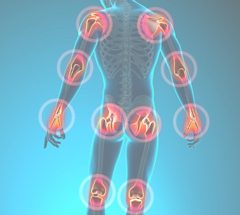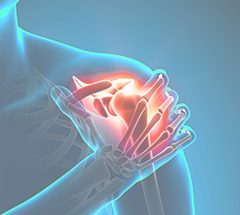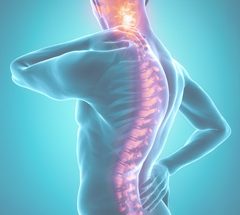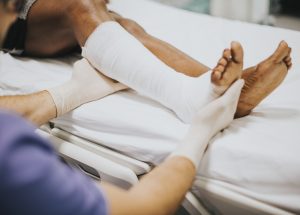PCL Surgery
The posterior cruciate ligament (PCL) is one of the four major ligaments of the knee. The PCL is located on the backside (posterior side) of the knee and connects the femur to the tibia. Its primary function is to prevent posterior translation of the tibia on the femur but it also plays a role in the side-to-side stability of the knee.
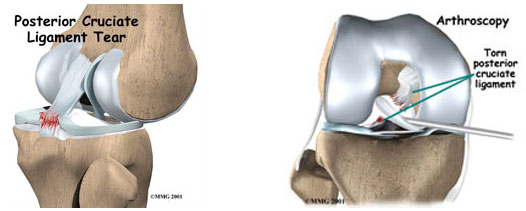
The PCL is injured less commonly than the ACL. The most common mechanism of injury involves a blow to the front of the tibia (shin bone) with the knee bent. PCL tears can occur as isolated injuries or can be associated with other knee injuries.
The symptoms of a PCL injury are usually less dramatic than those of an ACL tear. Swelling is often only mild. The pain from a PCL injury usually resolves within 2-4 weeks. A sense of instability may persist, especially when changing directions.
Treatment for isolated PCL injuries initially focuses on rehabilitation and strengthening after the pain and swelling subside. Partial tears of the PCL do not usually require surgical treatment; even isolated complete tears of the PCL do not always need surgical treatment.
If symptoms of instability persist after rehabilitation, surgical reconstruction of the PCL is recommended. Modern PCL surgery involves completely removing the torn ligament and reconstructing the torn PCL using a minimally invasive arthroscopic technique. A new PCL is made by using tendon graft obtained from either the patient or a cadaver (allograft). PCL reconstruction is typically performed as an outpatient procedure.


